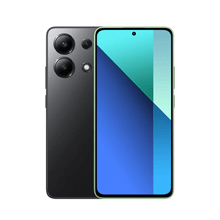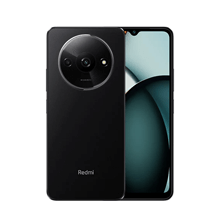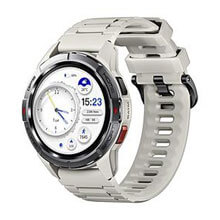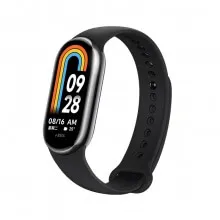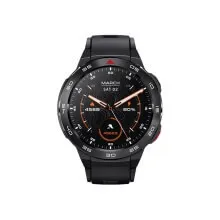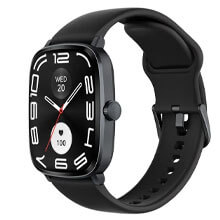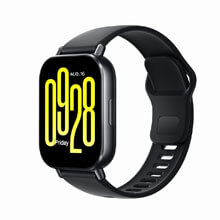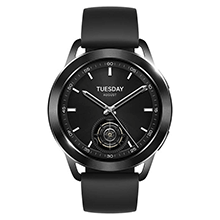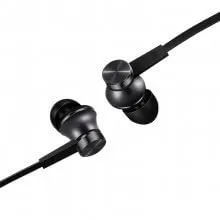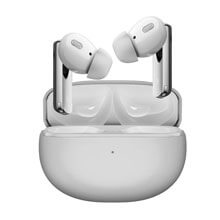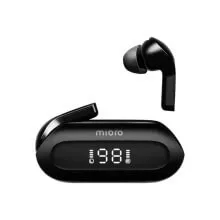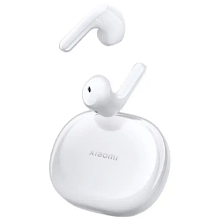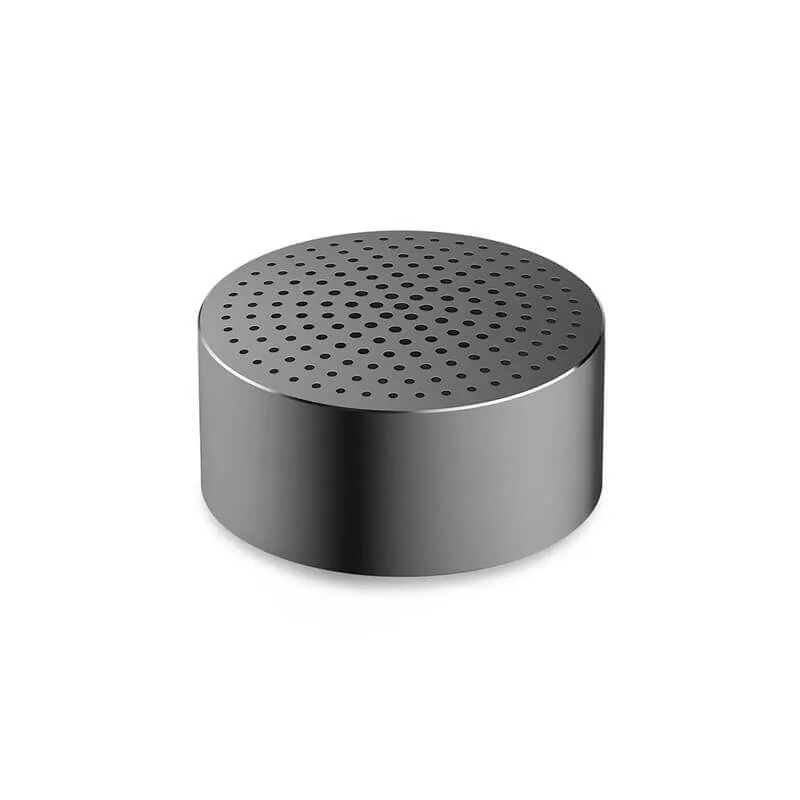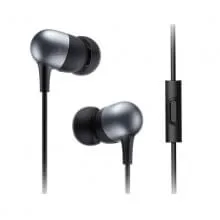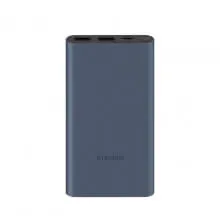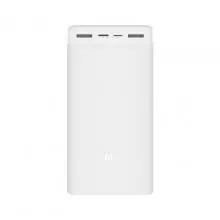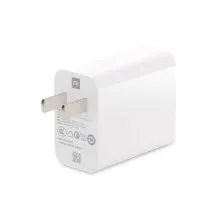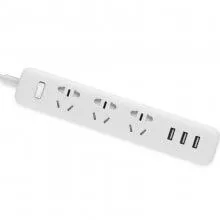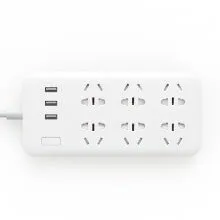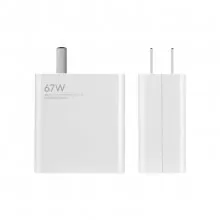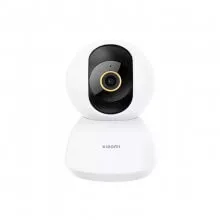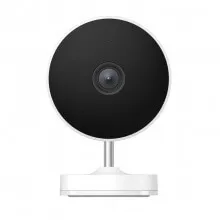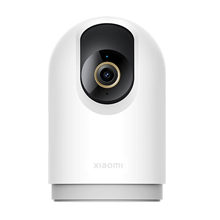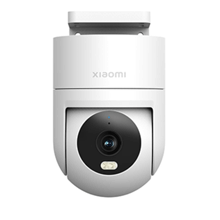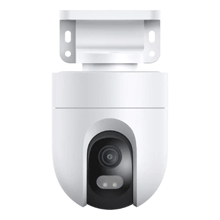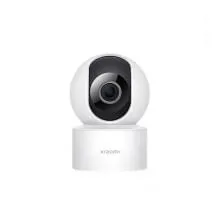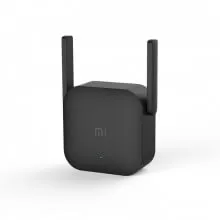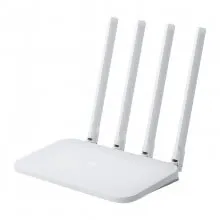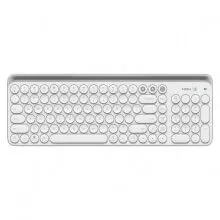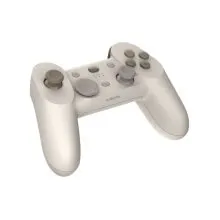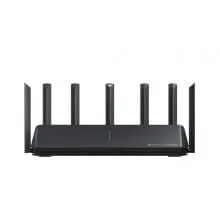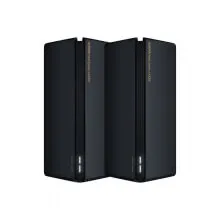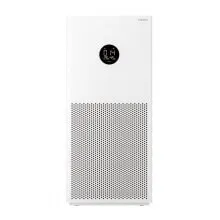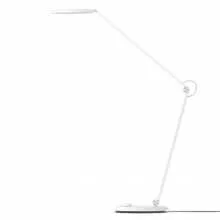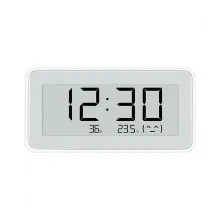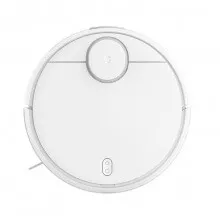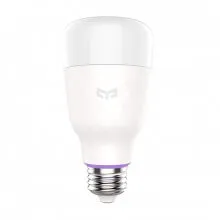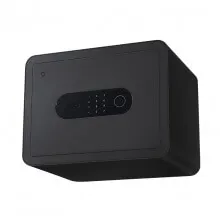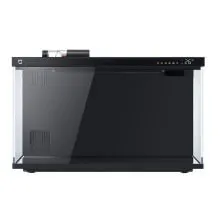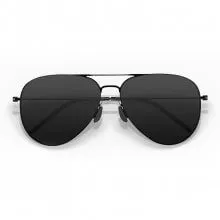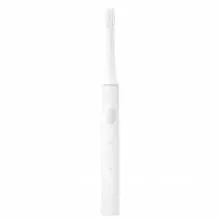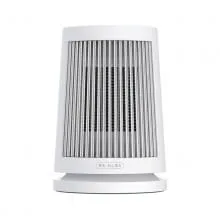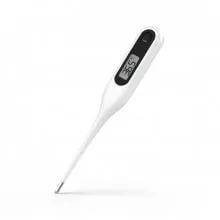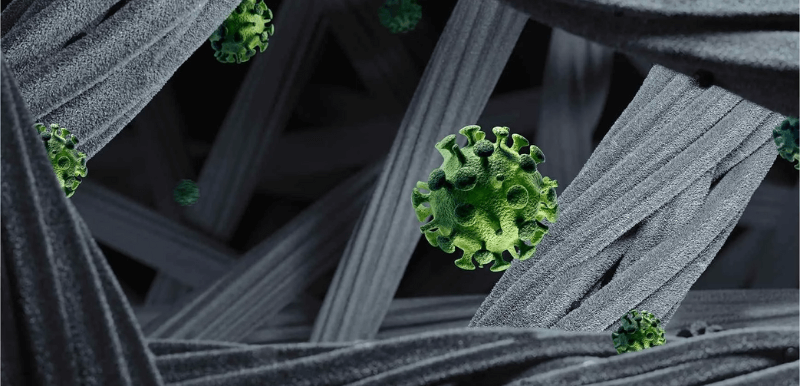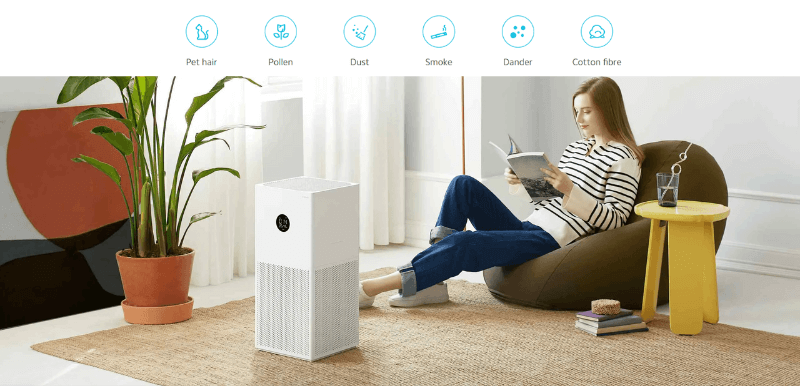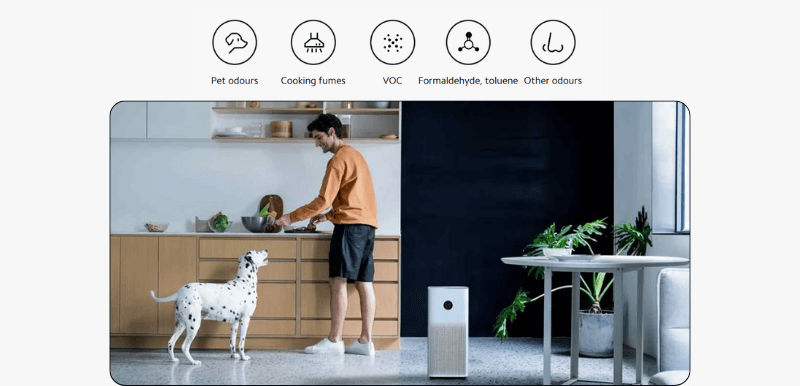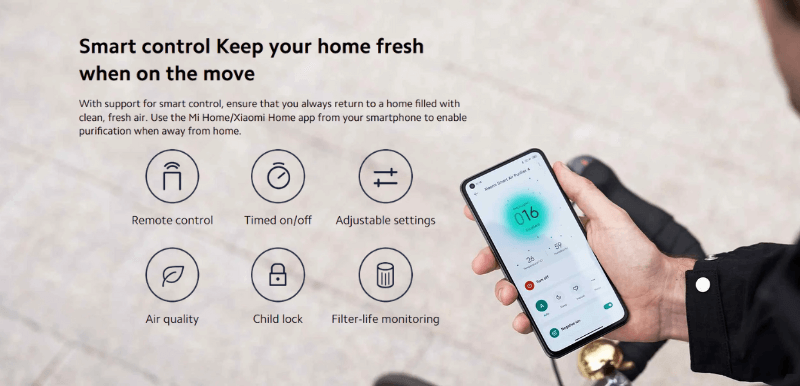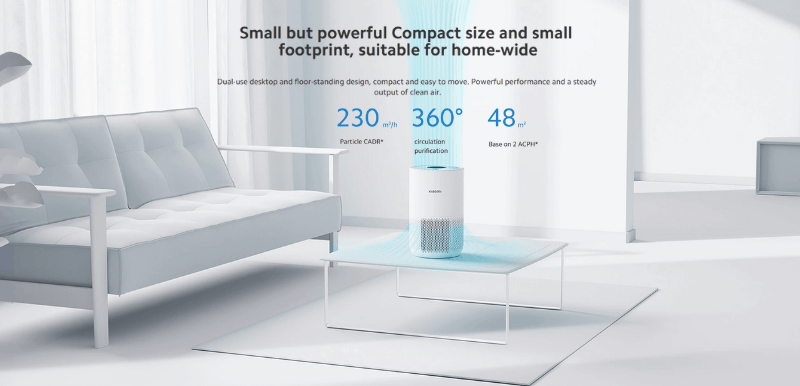Top 10 Benefits of Using an Air Purifier at Home | Complete Guide
Indoor air quality often gets less attention than it deserves. It’s a common misconception that being inside protects you from pollution, but not always. Indoor air can be as polluted or even more so, than outdoor air. Gray newsprint is usually dust, smoke, pet dander, pollen, mold spores and household chemicals.
That’s where a reliable air purifier can help. These devices clean the air by removing harmful particles, helping you breathe easier and live healthier. Here are the top 10 benefits of using an air purifier at home.
1. Removes Allergens and Improves Breathing
By reducing these allergens, an air purifier helps people with asthma, sinus problems, or seasonal allergies breathe more comfortably. Even if you don’t have allergies, you’ll likely notice fresher air and fewer irritants floating around your home.
The devices, known as air purifiers, are intended to capture airborne allergens like pollen, dust mites and pet dander. The microscopic particles that often lead to sneezing, coughing and watery eyes. HEPA filters (High-Efficiency Particulate Air filters) are most effective at filtering microscopic particles down to 0.3 microns in size.
2. Eliminates Unpleasant Odors
Most smells quickly dissipate, but the smell of cooking, cigarettes, your pets, or even the cleaning products you are using may hang around for hours. Air purifiers with an activated carbon filter are good at absorbing and neutralizing the odor. The purifier does not mask odors with sprays or candles. Instead, it pulls odor causing particles from the air, leaving you with a noticeably fresher, if not perfumed, home. You will notice the difference, especially if you have pets in the house or a smoker.
3. Reduces Asthma Triggers
Asthma can be stimulated by irritants found in the air, including dust, mold spores and volatile organic compounds (VOCs). Furniture, paint or cleaning supplies can emit these compounds.
An excellent air purifier with a HEPA and activated carbon structure can go a long way toward lowering these common asthma triggers. With cleaner air comes fewer flare-ups, more restful sleep and greater comfort for anyone sensitive to respiratory conditions.
4. Protects Against Mold and Bacteria
Mold spores are present in air and if ingested or inhaled, can lead to respiratory infections or allergic reactions, especially amongst patients with predisposing conditions. A handful of air purifiers come with UV light technology or antimicrobial filters which kill bacteria, viruses and mold spores on contact.
This feature is particularly useful for bathrooms, basements and kitchens where excessive humidity accumulates. By decreasing the existence of mold and bacteria, you’re not only enhancing the quality of your air quality but also preventing dangerous health issues.
5. Helps Neutralize Smoke and Harmful Gases
If someone is a smoker in your home, or if you live in an area with a high likelihood of wildfires or vehicle pollution, the air purifier helps remove hazardous smoke particles and gases.
HEPA filters trap fine smoke particles and activate carbon filters adsorb poisonous gases such as carbon monoxide, nitrogen dioxide and formaldehyde. This helps shield your lungs from continuous exposure and can help keep the air clean even when outdoor conditions are bad.
6. Supports Better Sleep Quality
It turns out, cleaner air may even be able to help you sleep better. Air purifiers eliminate allergens that may lead to nighttime congestion or sneezing, so you can breathe easy at bedtime.
Some models also generate a soft, continuous hum that acts as white noise that can cancel out offending noises outside. Pure air minimizes the risk of waking with a dry throat or stuffy nose, making it easier for you to feel well rested in the morning.
7. Reduces Dust Accumulation
And no matter how many times you swipe down, dust will always settle back in. Air purifiers can help alleviate that buildup by constantly capturing particles of dust in the air before they settle on your furniture or the floor. You’ll be dusting less, and your home will be kept cleaner for longer. It’s a modest but appreciable enhancement to daily living, particularly for dust-sensitive individuals.
8. Strengthens Immune Health
Breathing in a lot of nastiness over a period can weaken your immune system. An air purifier helps by diminishing the load on your body’s natural defences.
Cleaner air makes for fewer germs, less coughing and fewer allergies. This is especially good for kids, old age and recovering patients. A strong immune system begins with a clean environment and purified air is an important part of that.
9. Enhances Indoor Comfort and Focus
Bad air isn’t just rough on your lungs it can make you feel tired, unfocused and even a little irritable. Research finds that breathing clean air increases cognitive ability and energy levels.
Your brain works better, and you feel more alert when it gets a consistent amount of clean oxygen. That is a big reason an air purifier in your workspace or bedroom can have a real impact on productivity and well-being.
10. Creates a Safer, Healthier Home Environment
And the greatest benefit of all is peace of mind. You can filter away harmful particles and pollutants, creating a safer living environment for you and your family.
Whether you are live in a city with smog and air pollution or want to protect your family from smoke, Odors, chemical fumes populate. Air Purifier will do the job Whether you allow smokes into your basement or not it has become apparent that we need this unit because of our poor. Many models today even have air quality sensors built in, which display the real-time pollution level so you’re aware how clean (or not) your indoor air currently.
How to Choose the Right Air Purifier
The key to getting the most out of your air purifier is to select the model that suits your circumstances. Here’s what to consider:
- Room Size: Verify the purifier’s coverage area (measured in square feet) and make sure it fits your room size.
- Type of Filter: When it comes to dirt and allergens I would stick with HEPA filters, for smoke and Odors an activated carbon filter is a must.
- Noise Level A few models are quieter than others, especially in sleep mode.
- Energy Consumption: Energy-saving models save electricity bills.
- Cost of maintenance: Filters will need to be replaced routinely to work adequately. They generally last 6 months to a year.
If allergies are a sticking point, having a HEPA air purifier is crucial. For homes with pets or smokers, a hybrid HEPA and carbon filter is your best option.
Tips for Using an Air Purifier Effectively
- Place it correctly: Keep the purifier in an open area with good airflow. Avoid corners or spots behind furniture.
- Keep doors and windows closed: This helps the purifier clean indoor air efficiently.
- Run it continuously: Air quality fluctuates throughout the day, so it’s best to let the purifier run 24/7 on a low setting.
- Clean pre-filters: If your device has a washable pre-filter, clean it every few weeks.
- Monitor air quality: Some purifiers have sensors or apps that show air quality levels. Use them to track improvements.
Final Thoughts
Buying an air purifier isn’t just about comfort it’s about taking care of your health. You will find high quality air purifiers that are designed to remove allergens, dust, smoke and bacteria so you can breathe easier in your home every day. When we’re sleeping, fewer allergens and irritants make their way into our body, and cleaner air helps protect those with immune-system deficiencies. It doesn’t matter if you’re from the busy city or live quietly at the suburban village, select an excellent air purifier through Xiaomistore.pk is so easy that its probably one of the easiest ways for people to better all aspects of their life.
FAQs
1. How long should I run an air purifier each day?
Ideally, keep it running all day. Most purifiers are designed for continuous use and have low power consumption.
2. Can an air purifier remove viruses?
Yes, models with HEPA filters and UV-C light can capture and neutralize some airborne viruses and bacteria.
3. Do I need one in every room?
If possible, yes. But if you’re starting with one unit, place it in the room where you spend the most time, like the bedroom or living room.
4. Will an air purifier help with pet hair?
Yes. It captures pet dander and fine hair that cause allergies and odors.
5. How often should I replace filters?
It depends on usage and air quality, but usually every 6 to 12 months. Always follow the manufacturer’s recommendations.


